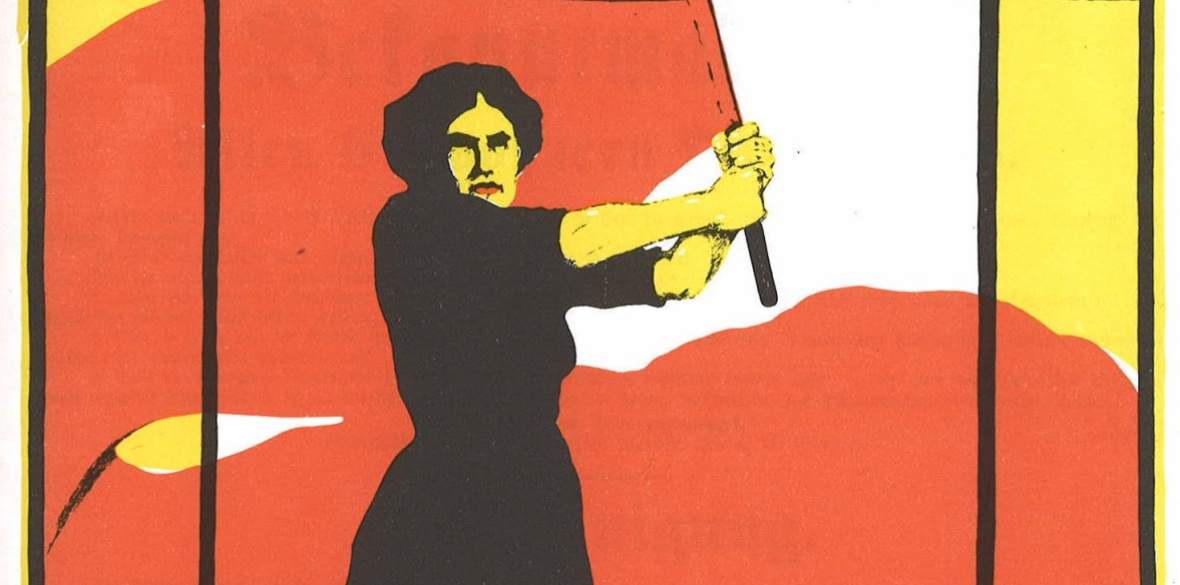INTERNATIONAL Women’s Day might seem an uncontroversial event these days. Aside from the annual whimpering of a few “why isn’t there an international men’s day?” lowlifes online, the date has apparently universal approval.
It will be marked by a debate in Westminster led by the Tory chair of the women and equalities select committee. Cosmetics firm Elizabeth Arden says it will donate proceeds from its Pink Punch lipstick to UN Women.
“Supporters” for International Women’s Day this year in Britain include arms manufacturer Northrop Grumman, mining giant Rio Tinto, fast food colossus McDonald’s and delivery firm Amazon.
With such political and corporate might on side, the forward march of women’s rights is surely unstoppable. Strange then that the gender pay gap in this country is actually increasing — women earn 17.9 per cent less on average than men, up from 17.1 per cent last year.
Women are paid less for the same work and sectors where the workforce is predominantly female are devalued so pay is lower than in sectors dominated by men, as trade unionist Megan Dobney points out in today’s International Women’s Day supplement.
It’s also clear that government policies since austerity was imposed from 2010 have further impoverished and attacked women. The public sector has lost hundreds of thousands of jobs, and most public-sector workers were women.
Cuts to child benefit affect women more than men, as most single parents are women, and funding for vital services has been slashed.
Local authorities have lost upwards of 40 per cent of all revenues since 2010 and last year we learned that 65 per cent of councils had cut funding for women’s refuges in response.
Universal credit is shifting from payments to individuals to single-household payment of benefits, potentially giving coercive partners financial control over their victims.
Chronic underreporting of sexual harassment and assault makes it hard to be certain whether rising crime rates indicate a worsening problem or better recording of an existing one, but statistics showing significant rises in violent and hate crimes across the board indicate the crisis is likely getting worse.
And it is a crisis: a fifth of women have been sexually assaulted and around three women were killed by men every week in Britain last year.
Self-harm is also rising sharply among girls. While the number of boys under 18 admitted to hospital for self-inflicted injuries has not significantly changed in 20 years — it rose from 2,236 in 1997 to 2,332 in 2017 — the number of girls has almost doubled, from 7,327 to 13,463.
One in four girls between 17 and 19 has mental health problems, according to the NHS. Anxiety and depression are the most common, but eating and body dysmorphic disorders (where stress related to one’s appearance becomes medically problematic) are also rising.
The causes include social media bullying, increased sexual objectification of women as a result of growing use of online pornography by boys and men and the immense reach of corporate cosmetics and entertainment industries that press women and girls towards a feminine construct built around male desire (however dressed up in the language of confidence and empowerment).
However much the faceless corporations that rule our world seek to sanitise their public images by offering token support, it’s clear that the worsening oppression of women is intrinsic to capitalist exploitation and the struggle for women’s liberation is a socialist one.
International Women’s Day is a socialist tradition, founded by the women of the labour movement; it is a revolutionary tradition that — as in Russia where it kicked off the 1917 revolution — has changed the world.
As we celebrate the victories of the women of the labour movement today we must recognise that true equality means dismantling an economic system based on the exploitation of human beings for profit.










